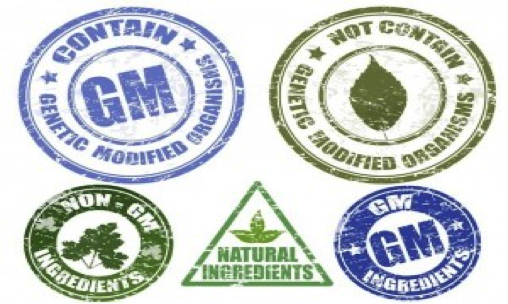By: Thomas Siebertz
The GMO debate is heavily divided. Some people believe GMO’s are killing us. The current science tells us otherwise. One thing that is clear is that there is still more research to be done in this area. However, more companies are moving toward removing GMO’s from their products or voluntarily labeling their products that do contain GMO’s.
Whether this is a pre-emptive move to be in compliance with future government regulations or just for marketing reasons, I think it’s a smart move. The competition in the food retail world is fierce. It makes sense for a company to give customers what they want and maintain a competitive edge. While government lags behind, private industry is able to implement changes much quicker. State governments, for example, haven’t even been able to pass it into law. But if a customer requires it, the supplier will do it or risk losing a lot of business.
Whole Foods is going to require suppliers to label their products containing GMO’s by 2018. General Mills has already removed GMO’s from Cheerios. I think this trend is going to continue as consumer demand for non-GMO and organic food rises. People are becoming more aware about the food they eat. While I firmly believe that organic food choices are simply a matter of consumer preference and not a safety issue, the market is inevitably shifting to meet demand.
There are concerns that labeling will increase the price of food. I don’t think this is necessarily true. The people who can afford to buy non-GMO foods will continue to do so. But there will always be the suppliers and grocery stores who continue to sell GMO food products for those who prefer them. As businesses, food manufacturers and grocery retails must aim to please the entire market. If consumers want their foods labeled, businesses will adapt to consumer demand and this is what we’re seeing with General Mills and Whole Foods. It doesn’t matter if it’s the right way to go or not. People want to know what’s in their food and the companies that respond to consumers will stay ahead of the game.
How do you feel about GMO labeling? Should it be required by law or implemented as consumers demand it (or don’t)?
Photo credit: http://www.choosingraw.com/gmo-labeling-a-foodpolicy-us-sponsored-panel-at-georgetown/






Hmm, wasn’t the whole GM thing with Cheerios? Or was it the Quaker’s OATS that now have the GMO-free label but they were originally made from oats that aren’t genetically modified to begin with?
On the notion that it may increase the price of food…I actually feel that this may be possible? Maybe not something that we will be able to perceive immediately, but over time if people prefer “non-GMO” over GMO, will that cause farmers to seed more of one plants versus another? But then this also goes into government subsidies for farms, and what our inputs-outputs are.
But on a third note, this GMO labeling will backfire completely (imo).
There’s no question that all natural and organic foods are more expensive. I think of non-gmo foods as a premium, luxury type of food that people who can afford it will be able to buy. But I don’t think the government should mandate the labels as this would cause prices to go up. And like John Ruff explained in his video that it’s almost like a warning label on foods, when in fact they are perfectly safe. But I think if grocery chains and suppliers want to to keep market share they’re going to cater to everyone so that’s why they’re doing this.